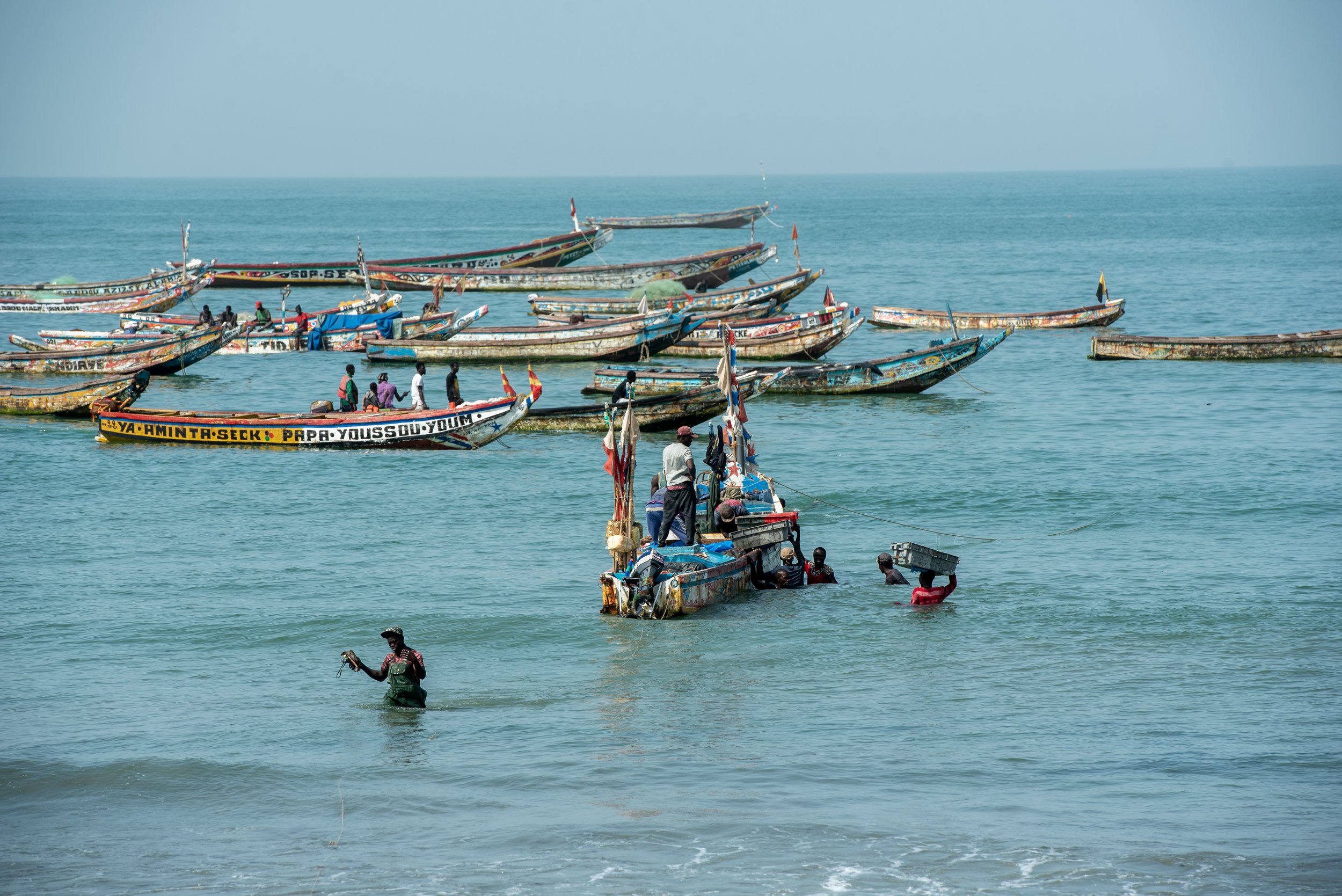Following the publication of a common position with CFFA in July 2020, African artisanal fishers are reviving the process of reflection started more than ten years ago on opaque foreign investment in African fisheries through fishing joint ventures
In 2006, some thirty trawlers of European origin reflagged to Senegal under the cover of joint ventures - the EU-Senegal agreement not having been renewed. Five years later, the African Confederation of Artisanal Fisheries Organisations (CAOPA) and its partners published the first civil society study on fishing joint ventures, with vessels of European or Asian origin, questioning their opacity and negative impact on artisanal fishing. Since then, several reports have highlighted malpractices by foreign vessels operating under joint ventures in Africa. More recently, the massive arrival of Chinese boats requesting access to African waters has raised controversy among fishing communities in Liberia, Ghana, Senegal, Côte d'Ivoire, Madagascar...
In view of these events, CAOPA and CFFA published a new joint position in July 2020 on fisheries joint ventures, calling for a more transparent and sustainable framework, as their constitution is often based on very limited knowledge of ecosystems, the state of fisheries resources or the dynamics of the local fisheries sector. The lack of information has very often led to damaging investments for the conservation of fisheries resources and the future of the coastal communities that depend on them.
In November 2020, CAOPA organised a webinar to present the issues related to the constitution of joint ventures, with the participation of about fifty representatives of administrations, regional fisheries organisations, NGOs, representatives of the artisanal and industrial fisheries sector in Africa, notably from Côte d'Ivoire, Mauritania and Senegal.
At this webinar, participants stressed the need for the transparent implementation of existing legislations that limit the access of industrial vessels, the need to strengthen Monitoring, Control and Surveillance (MCS), but also the need to draw inspiration from regulations outside the fisheries sector, such as legislation in the mining sector (cf. mining code in Senegal) or business law (cf. OHADA).
To discuss in more detail some of the issues raised during the webinar, as well as to develop an action plan towards a more transparent and sustainable framework, the CAOPA organised a workshop on 10 December in Mbour (Senegal) with more than 35 participants, including representatives of artisanal fishing communities from The Gambia, Guinea Bissau, Côte d'Ivoire and Senegal, a former Senegalese MP, the Civil Forum - the Senegalese branch of Transparency International - and also consumer associations.
The Vice-President of CAOPA, Ms. Antonia Adama Djalo, a woman fish processor from Guinea Bissau, stressed in her speech: "Boats, often of Chinese origin, fishing under the cover of joint ventures, re-flagged or chartered, come to fish in areas reserved for artisanal fishing, catch protected species, and destroy the ecosystems on which artisanal fishing depends for a livelihood. This is why we are asking the CAOPA and its partners to call for regulating the activities of industrial boats to ensure their transparency and sustainability".











Although the protocol does not allow European fleets to fish for small pelagics because they are overexploited, at least 4 European vessels have reportedly reflagged to Guinea-Bissau and are fishing for these species in the region, jeopardising the region's food security and competing with small-scale fisheries.